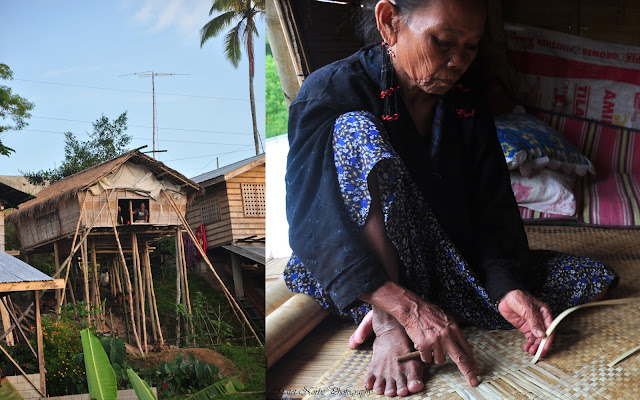 For teaching me how to push and pedal
For teaching me how to push and pedaland for turning a blind eye when I sneaked out with your big old bike,
thank you.
For taking me to magical places by reading stories with me
and putting me to bed when I fell asleep on the couch,
thank you.
For comforting me when I was crying because I turned into a woman
even though you didn't have an idea how that really felt,
thank you.
For taking with me that bittersweet journey to my university campus
and for telling me to be strong when I kept calling home,
thank you.
For letting me learn from my mistakes and make my dreams come true
while being a great source of strength and understanding,
thank you.
For believing in my capacity to think and do the best for me
and for patiently allowing me to search for myself in this world,
thank you.
For your kindness, patience, humility and endearing love
that have always made me the learning woman I am today,
thank you, Papang.
To the first man I ever loved, Happy Father's Day!

.JPG)
.JPG)

.JPG)
.JPG)

.JPG)

